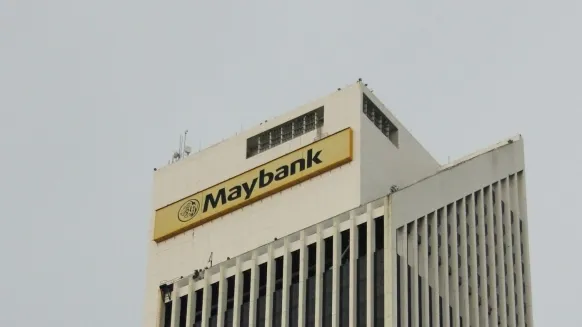Islamic finance in Malaysia and infrastructural issues
By Anita MenonIn October 2010, KPMG wrote about the new agenda for Islamic finance institutions globally and three months on, we would like to examine how the industry has fared specifically on a number of areas that were discussed.
Malaysia continues to lead in terms of regulatory infrastructure and the strong regulatory support and push for Islamic finance has allowed the industry to outpace the development in more populous Islamic nations. The Central Bank of Malaysia Act 2009 gave further credence to the National Syariah Advisory Council and firmly established its position as the ultimate authority in the event of disputes.
The financial sector liberalisation has been fastracked by BNM and further to the announcement of the 4 family Takaful licence, there is interest in the announcement of the 2 new mega bank licenses . Elaf Bank which is an Islamic investment bank based in Bahrain, has recently announced its intention to apply for a branch license in Malaysia.
More recently, industry players witnessed the formation of the International Islamic Liquidity Management Corporation (IILM) that was established on 25 October last year and that is aimed at addressing the liquidity management issues that IFIs face specifically for cross border transactions. The IILMs membership presently consists of 12 central banks including Malaysia and two multi lateral agencies namely the Islamic Development Bank (IDB) and the Islamic Council for the Development of the Private Sector (ICD). Further special privileges may be accorded to the IILM to strengthen its position further. Tan Sri Dr Zeti Akhtar Aziz, Governor of the Central Bank of Malaysia has been appointed the first Chairperson of its Governing Board.
The push for Islamic Finance has continuously come from the very top and the Prime Minister of Malaysia in his recent budget speech announced the increased prominence of Islamic finance within the financial services sector and the further mainstreaming of its presence. The financial services sector is one of the 12 National Key Economic Areas (NKEAs) and the relevance and importance of Islamic finance is outlined in one of the four strategic thrusts where the government has made clear its aspiration to be the global hub.
The recent developments however have also highlighted that while there was enormous interest in the sector post-crisis, the rise of Islamic finance was not in line with the interest mainly due to the limitations in the regulatory and legal infrastructure in many markets. Indonesia which is being touted as the next key growth market has shown cautious growth partly due to the lack of awareness and promotion by players but also due to the nascent regulatory regime. While markets are pushing for parity in their tax laws to encourage the structuring of products, a leaf taken out of the Malaysian page would indicate that the take up would only arise as a result of incentives such as tax breaks and other stamp duty waivers that have been key to the growth of this sector.
A sampling of the performance of IFIs in Malaysia seem to support this. While the local banks continue to dominate in terms of profitability, and the foreign Islamic banks seem not to have fully recovered from the crisis, some banks show recovery of high initial capital investments while others demonstrate the effects of growing too fast and write-offs required recently. The industry’s limitation in terms of sector diversification also resulted in some of the players being affected by the crash in real estate prices.
Outlook for 2011
Asia will continue to be the engine of growth and Islamic finance would have a role in this growth. While Malaysian players continue to make inroads overseas and regulatory advantages and the supportive infrastructure has allowed Malaysia to gain a leadership role in this sector, players will have to strike out in meeting consumer demands and this may well be along the less trodden path of profit and risk sharing. Certainly Islamic finance has made great strides in banking and to a lesser extent Takaful and going forward, having the right ecosystem with the key market actors and ancillary players such as the legal, syariah and business advisory firms as well as greater clarity on the regulatory and legal infrastructure would ensure the inclusiveness of this sector into the mainstream for emerging markets but at the same time give rise to further complexities in mature markets.
The industry continues to forge ahead whilst the impending entry of the mega Islamic banks prove to be potential game-changing events. How should Islamic banks brace for the impact and identify transformation strategies to prepare for this new game? KPMG plans to share more thoughts on this area in coming issues of this publication.




















 Advertise
Advertise














